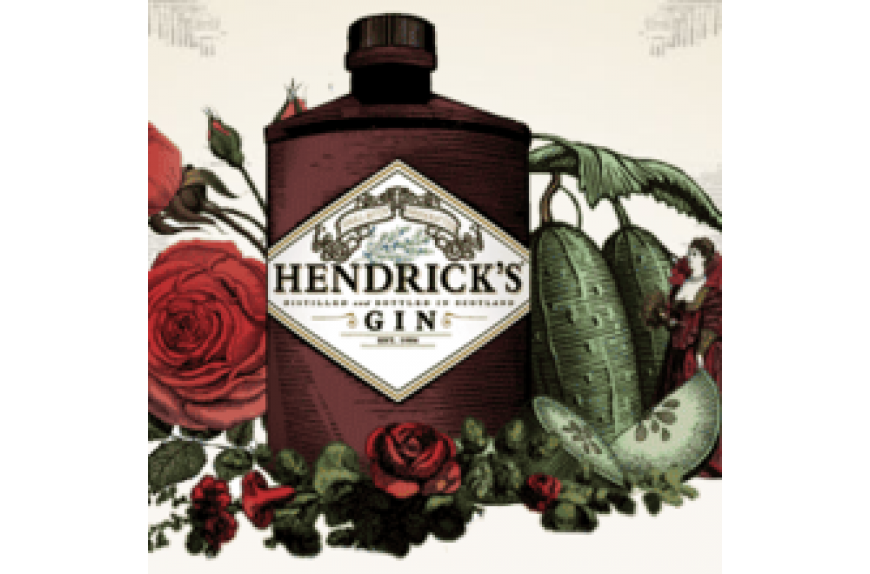Alla scoperta del Gin

Alla scoperta del Gin
Tags
Categorie
Anche nel caso del Gin, però, le variazioni sono molteplici, dando vita a un ampio panorama di sapori e aromi. I parametri che entrano in gioco sono le spezie utilizzate per l'aromatizzazione in aggiunta al ginepro, per la gradazione alcolica e per il sistema di aromatizzazione, oltre che la produzione. All'inglese o all'olandese? Sì, perché anche se ormai il Gin è associato all'Inghilterra nell'immaginario collettivo, l'origine del Gin moderno (come prodotto non codificato esisteva fin dal Medioevo) è olandese. E il Gin "all'Olandese" è prodotto con l'alambicco discontinuo, mentre quello all'Inglese con alambicco a colonna. I differenti alambicchi producono un Gin più secco (Inglese) o più corposo (Olandese). Se il ginepro è componente imprescindibile, non è comunque il solo responsabile della aromatizzazione. Così, al ginepro che è di provenienza solitamente italiana si aggiungono anche altri "botanici" di varia provenienza: liquirizia (Italia), scorze di arancio amaro, limone, mandarino e pompelmo (bacino del Mediterraneo e Caraibi), semi di cardamomo (Medio Oriente, India), radici di angelica (Paesi Bassi o Inghilterra), rizoma di giaggiolo (Toscana), semi di coriandolo (Russia), Cassia (India), mandorle (Turchia). I tipi principali di Gin che risultano sono: London Dry Gin - incolore, secco, profumato. I London Dry si differenziano in base alla casa produttrice, ma in linea generale hanno una "botanica" simile. Plymouth Gin - incolore, mediamente secco, dal profumo intenso. Old Tom Gin - incolore, dolcificato con zucchero. Sloe Gin - colore viola, aromatizzato con prugne selvatiche, leggermente zuccherato. Orange, Lemon Gin - incolore, aromatizzato con essenze agrumate. Holland Gin (Dutch Gin, o Genever) - altamente saporito e aromatico con gradazione tra i 35 e i 40°, prodotto in Olanda. Quattro Gin da scoprire Hendrix's: Gin prodotto in Scozia dal 1999, ma con una storia alle spalle che inizia nel 1860. La filosofia di produzione è quella artigianale: quantità relativamente piccole che danno ai distillatori un controllo assoluto sulla qualità. Tra i "botanici", fiori di sambuco, camomilla, cumino. Monkey 47: prendete un colonnello della RAF in pensione e portatelo in Germania, nella Foresta Nera. Questa l'affascinante origine di questo Gin "tedesco": lo Schwarzwald Dry Gin, "Monkey" dalla guesthouse aperta nella Foresta Nera dal Colonnello Montgomery Collins, "The Wild Monkey". 47, invece, sta per il numero impressionante di "botanici": appunto 47 (tra cui fiori d'acacia e mirtilli rossi)! Plymouth: è prodotto nella città omonima dalla Black Friars Distillery, che è attiva dal 1793. Il Plymouth è meno secco degli altri Gin inglesi. Gin Mare: un Gin "mediterraneo". È prodotto in Spoagna, nella Costa Dorada. Tra i suoi "botanici", buccia di arancia amara e arancia di Siviglia, buccia di limone, olive Arbequina, basilico, rosmarino e timo. Che dire: una scelta ampia per i cocktail più inusuali, o da gustare "in purezza"!
